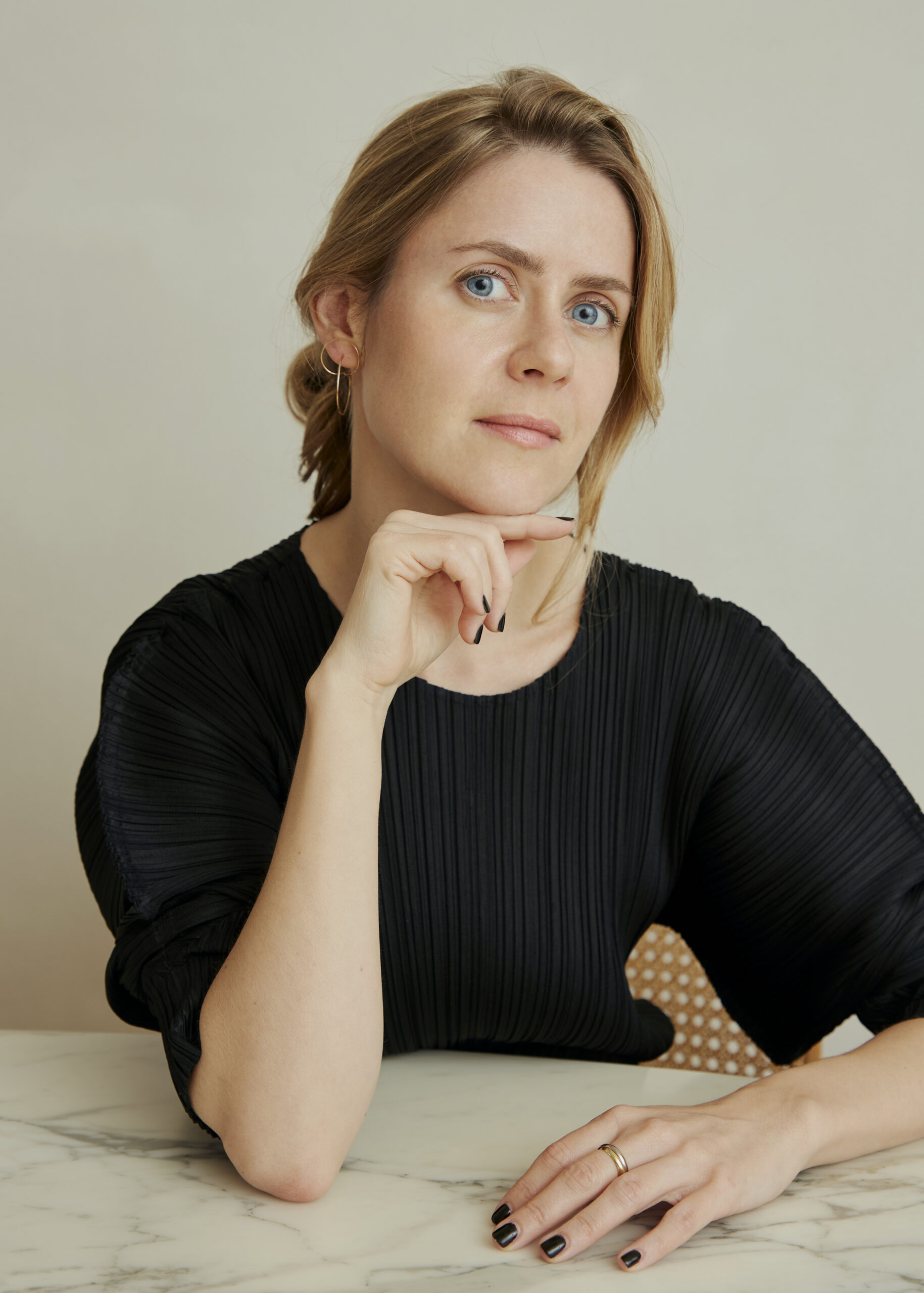What’s in this article?
Point one
What’s in this article?
Is fertility treatment cover by the NHS
What is an ICB?
What are eligibility criteria?
Heterosexual couples
Same sex couples
What is service generosity?
What does my ICB cover?
How do I get started with NHS funded fertility treatment?
How long will I wait for NHS funded fertility treatment?
Is egg freezing available on the NHS?
Is sperm freezing available on the NHS?
For many of us in the UK struggling to build a family, the NHS is the natural place we turn to for treatment and support. What we soon find, however, isn't clearcut: instead, we quickly realise that getting fertility treatment on the NHS isn't guaranteed - and getting started means first of all understanding if you're eligible for treatment.
In this straightforward guide, we explain the fundamentals of NHS IVF and IUI eligibility to help you decide whether NHS fertility treatment is the right option for you.
Or, if you are in a hurry and If want to jump straight into to find out if you are eligible for NHS funded IVF or IUI you can find this out using our handy NHS IVF Eligibility Calculator - answering the question am I eligible for NHS funded treatment in minutes.
Is fertility treatment covered by the NHS?
We get this question a lot from those beginning to explore assisted fertility options. The short answer is yes - you can get fertility treatment on the NHS in the UK. Most commonly, this involves assisted fertility techniques like IVF, but in some circumstances, may also include fertility preservation, such as egg or sperm freezing.
But there's a problem, because getting NHS-funded treatment is actually more complicated than many people realise.
To understand why, it's first important to understand that the healthcare services you receive - including fertility treatment - are funded and determined at a regional level, by bodies like integrated care boards (ICBs).
What’s an integrated care board (ICB) and why do they matter?
An integrated care board (ICB) works in partnership with other NHS organisations (like NHS hospitals and GPs) in your area to deliver health services that meet the needs of your local community.
But the most important thing to know about ICBs is that they manage the NHS budget in your region - deciding what services, including fertility treatment, should be funded and to what extent. Currently, there are 42 ICBs across England.
What about other parts of the UK?
In this guide, we're primarily focused on the process as it relates to NHS England - but we hope to expand it further with information about Scotland, Wales and Northern Ireland soon.
According to GOV.UK, ICBs should ensure 'equal access' to fertility treatment across England, in accordance with National Institute for Health and Care Excellence (NICE) guidelines.
In reality, though, ICBs set their own local policies and priorities. That means NHS-funded fertility treatment varies significantly across England, with ICBs deciding independently:
- Who can (and can't) access NHS-funded fertility treatment (otherwise known as 'eligibility criteria');
- What is included in the treatment on offer (something we refer to as 'service generosity').
The NHS Postcode Lottery?
The 'NHS Postcode Lottery' is a popular phrase you might hear that describes the inequalities and regional differences in NHS-funded fertility care across England. This is the result of ICBs setting their own policies for fertility treatment.
What are ‘eligibility criteria’?
Eligibility criteria are the requirements, set by your local ICB, that must be met in order for you to receive NHS-funded fertility treatment.
What are the NHS eligibility criteria for heterosexual couples?
As we've explored above, there's no nationally consistent set of eligibility criteria for heterosexual couples seeking NHS-funded fertility treatment. Each ICB sets its own criteria - and that can make things really confusing.
However, there are some common factors and requirements that most ICBs take into account:
- Evidence of infertility: before you can be considered eligible for NHS-funded fertility treatment, most people will need to demonstrate that they have tried to conceive naturally through unprotected sex for at least two years (unless there is a medical reason why this isn't possible). Some ICBs require at least three years of trying.
- Clinical factors: because age is one of the leading factors of infertility, one of the most important requirements for whether you can receive NHS-funded fertility treatment is your age. Typically, the upward age limit is between 40-42 for most ICBs, but some have stricter requirements. Other factors include whether you have any underlying conditions, and the number and quality of eggs you have available (this is known as your ovarian reserve).
- Lifestyle factors: lifestyle factors include things like whether you have ever smoked, and your body mass index (BMI). While these do vary considerably across ICBs, it's important to be aware that all ICBs have a maximum BMI limit for the maternal partner - and some also take into account the BMI of the paternal partner.
- Fertility history: many ICBs take into account any fertility treatment you may have had previously. For example, if you've already had IUI or IVF treatment - even if you paid for it privately - many ICBs may not consider you for further NHS-funded treatment.
- Family history: most ICBs take into account whether you already have children. Some will allow children from previous relationships, but over 76% of ICBs will only fund IVF if neither you nor your partner has any living children. Existing children isn't the only factor to consider here, either - some ICBs also factor in how long you've cohabited with your partner.
What are the NHS eligibility criteria for female same-sex couples?
As a female same-sex couple, one of the key differences in eligibility criteria is that you'll need to provide evidence of infertility by first going through a number of rounds of unsuccessful artificial insemination (such as IUI).
It's important to be aware that ICBs have different or additional requirements regarding:
- How many rounds of artificial insemination (such as IUI) are required before IVF is considered as an option (this is also often much higher than for heterosexual couples);
- How many of these qualifying rounds must be self-funded, versus how many can be paid for by the NHS.
Self-funded artificial insemination can cost between £900 - £1250 per treatment package and it's not uncommon for an ICB to require a female same-sex couple to have undergone 12 rounds of artificial insemination. This makes it a really important budgeting factor to be aware of, and the basis for important campaigns about equality in the fertility sector.
What is ‘service generosity’?
Another thing to make sure you understand is your ICB's 'service generosity'. This is the term we use here at Fertility Mapper to describe how comprehensive the fertility treatment on offer is. In particular, we look at three elements:
- The number of rounds of treatment available
- The number of embryo transfers offered
- The number of years of embryo storage provided
Service generosity varies widely across ICBs. For example, not all ICBs offer the same number of rounds of IVF - in fact, 68% only offer one round.
It's also important to know how many embryo transfers are included, and how long you can store surplus embryos free of charge (41% of ICBs will only store embryos for one year - after which, you'll need to find alternative private storage).
How do I know what my ICB covers, and if I’m eligible?
If you've reached this point in the guide, your brain is probably hurting. We get it - navigating your NHS fertility options is downright confusing. That's why we built our NHS Fertility Funding calculator. All you need to do is add in some basic information, and we'll send you a personalised look at whether you're likely to be covered by NHS-funded fertility treatment.
How do I get started with NHS fertility treatment?
We recommend first using our NHS Fertility Funding calculator above to understand what may, or may not, be available to you. While the results are only an estimate, it can save you hours of thankless research online, helping you feel more in control and informed about what your ICB offers.
It's essential you speak with your GP, who can advise you further on what you may or may not be eligible for. They may also refer you to a specialist for preliminary tests.

Your NHS Eligibility
How long will I wait for NHS fertility treatment?
Waiting lists for NHS-funded fertility treatment like IVF vary depending on where you live. You may wait just a few months, or up to three years for treatment on the NHS.
It's best to speak to your GP. If you're likely to be waiting for a long time, it's important to keep any eligibility criteria like age limits in mind - so that you don't find yourself ineligible when the time comes.
Is egg freezing available on the NHS?
So far, we've talked primarily about fertility treatments - but what about fertility preservation techniques, like egg freezing?
Well, there are certain situations in which the NHS will fund egg freezing. One example is when undergoing treatment for a medical condition - like cancer - that could negatively impact your fertility.
However, even if you are covered by the NHS, funding might not be available for the full length of time you wish to store your eggs - so always double check the length of time funding will cover.
Social egg freezing - when a woman chooses to freeze her eggs to keep her family-building options open - is not covered by the NHS, but is available privately. You can find out more about the cost of egg freezing in our handy guide.
Is sperm freezing available on the NHS?
The rules for sperm freezing are broadly the same as egg freezing: only in certain situations, like when your fertility may be negatively impacted by a medical condition, will sperm freezing be covered by the NHS.
Just like egg freezing, even if you are covered by the NHS, you should always double check how long you can store your sperm.
Is there something missing from this guide?
We want to make sure this guide is genuinely useful. So, if you have a question on NHS fertility eligibility that we can help answer, or you think something is missing from this guide, drop us a line: hello@fertilitymapper.com



